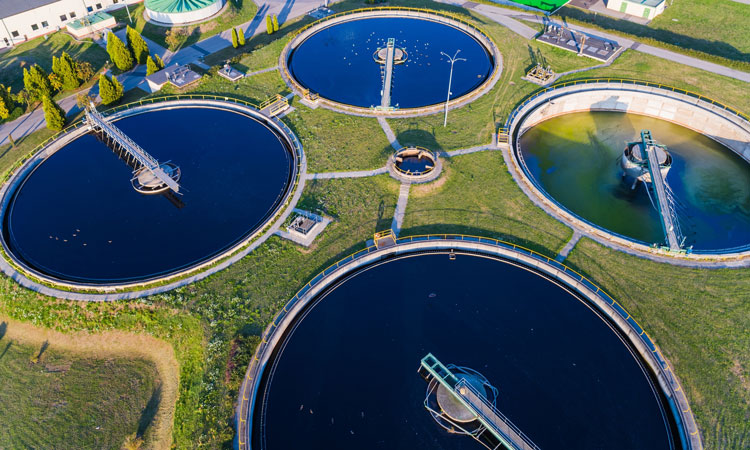US study investigates how medicines can be removed from wastewater
Posted: 10 January 2020 | Rachael Harper (European Pharmaceutical Review) | No comments yet
New research has shown that technologies are available for US treatment plants to remove medicines from wastewater but that upgrades can be expensive.


A study from the University at Buffalo, US of seven wastewater treatment plants in the Eastern US has revealed a mixed record when it comes to removing medicines such as antibiotics and antidepressants.
The scientists said that this research points to two treatment methods – granular activated carbon and ozonation – as being particularly promising as each technique reduced the concentration of a number of pharmaceuticals, including certain antidepressants and antibiotics, in water by more than 95 percent.
Activated sludge, a common treatment process that uses microorganisms to break down organic contaminants, serves an important purpose in wastewater treatment but was much less effective at destroying persistent drugs such as antidepressants and antibiotics, the scientists continued.
The study was led by Diana Aga, PhD, Henry M. Woodburn Professor of Chemistry in the University at Buffalo College of Arts and Sciences and Anne McElroy, PhD, Professor and Associate Dean for Research in the Stony Brook University School of Marine and Atmospheric Sciences with UB chemistry PhD student Luisa Angeles as first author.
“The take-home message here is that we could actually remove most of the pharmaceuticals we studied. That’s the good news. If you really want clean water, there are multiple ways to do it,” explained Aga. “However, for plants that rely on activated sludge only, more advanced treatment like granular activated carbon and/or ozonation may be needed. Some cities are already doing this, but it can be expensive.”
If you really want clean water, there are multiple ways to do it”
The scientists said the findings are important because any drugs discharged from treatment plants can enter the environment, where they may contribute to phenomena such as antibiotic resistance, or be consumed by wildlife.
“Our research adds to a growing body of work showing that advanced treatment methods, including ozonation and activated carbon, can be very effective at removing persistent pharmaceuticals from wastewater,” added McElroy.
The study analysed a variety of technologies in use at seven wastewater treatment plants in the Eastern US, including six full-scale plants and one large pilot-scale plant.
Angeles explained that the study’s findings could guide future decision-making, especially in areas where water is scarce and in cities that may want to recycle wastewater, converting it into drinking water.
The research is also important for environmental conservation, the scientists said, as it also demonstrated that larval zebrafish did not change their behaviour when they were exposed to wastewater discharged from treatment plants. However, much more work is needed to understand how longer-term exposures may impact wildlife, Aga said.
The study was published in Environmental Science: Water Research & Technology.
Related topics
Environmental Monitoring, Ingredients, Research & Development (R&D), Sustainability









